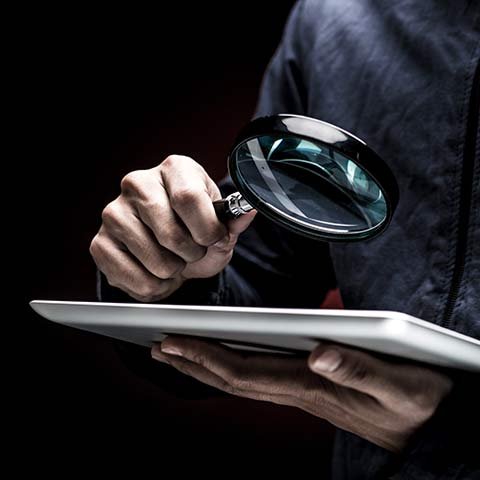Abolish Senior Designation
Abolish Senior Designation Mathews J Nedumpara President, NLC 28.02.2023 It is hearting to note that a large number of my esteemed brothers and sisters from the legal fraternity have joined this Group being determined to fight against the senior advocate designation system which was not in existence in this country until 1966. Unless and until this discriminatory and unjust system is not abolished, the legal system of our country has no future at all. In fact, what is at an even greater stake is the very institution of our Judiciary. Only a few people in our nation realize the great risk the country faces...
Continue reading

